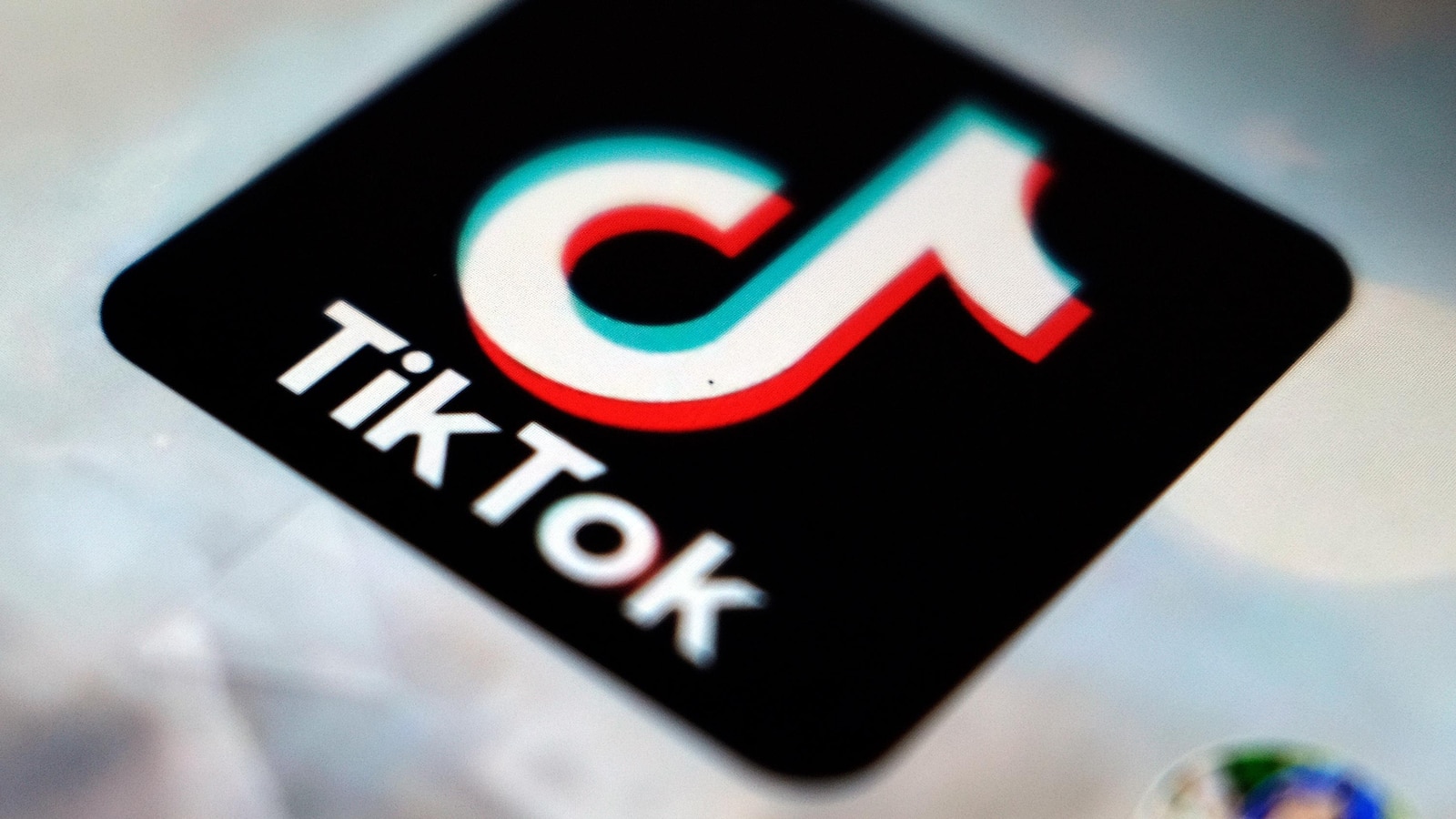EU Accuses Meta and TikTok of Digital Services Act Transparency Breaches
The European Union has accused Meta and TikTok of violating transparency obligations under the Digital Services Act, potentially leading to billions in fines for making it difficult to flag illegal content.
Subscribe to unlock this story
We really don't like cutting you off, but you've reached your monthly limit. At just $5/month, subscriptions are how we keep this project going. Start your free 7-day trial today!
Get StartedHave an account? Sign in
Overview
- The European Union has formally accused Meta and TikTok of breaching transparency obligations as part of an ongoing investigation under the Digital Services Act (DSA).
- The accusations stem from alleged difficulties users face in flagging illegal content on platforms like Facebook and Instagram, and the use of 'dark patterns'.
- These transparency rule violations could result in significant financial penalties, potentially amounting to billions of dollars for both Meta and TikTok.
- Meta has expressed disagreement with the EU's findings but indicated a willingness to negotiate to ensure full compliance with the DSA's requirements.
- TikTok stated it would review the EU's findings, while also raising concerns about potential conflicts between the DSA's transparency rules and existing privacy regulations.
Report issue

Read both sides in 5 minutes each day
Analysis
Center-leaning sources frame this story by emphasizing the EU's proactive role in digital regulation and user protection. They highlight the "trailblazing" nature of the Digital Services Act and the seriousness of the alleged breaches, portraying the EU as a vigilant enforcer. While including company responses, the narrative prioritizes the regulatory body's findings and the potential for significant penalties, underscoring the EU's authority.
Articles (3)
Center (1)
FAQ
Meta and TikTok allegedly breached transparency obligations by making it difficult for users to flag illegal content, deploying 'dark patterns' that confuse and dissuade users from reporting, and failing to provide researchers adequate access to platform data to study harmful or illegal content.
Dark patterns are deceptive interface designs that manipulate users into taking unintended actions. Meta's use of dark patterns on Facebook and Instagram when reporting harmful content led to confusion and dissuaded users from effectively flagging illegal content, undermining the transparency required by the DSA.
If found guilty, Meta and TikTok could face fines amounting to up to 6% of their global annual revenue, which could translate into billions of dollars in penalties under the Digital Services Act enforcement framework.
Meta disagrees with the EU’s findings but is willing to negotiate to ensure full compliance with the DSA, while TikTok stated it will review the findings and expressed concerns about possible conflicts between the DSA's transparency rules and existing privacy regulations.
The EU announced new rules effective shortly that expand data access for vetted researchers, enabling them to better study platform dynamics and the spread of harmful or illegal content, thereby enhancing oversight and public scrutiny of large social media platforms.
History
- This story does not have any previous versions.

